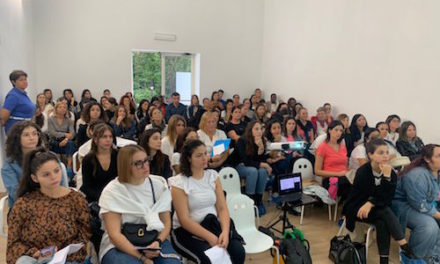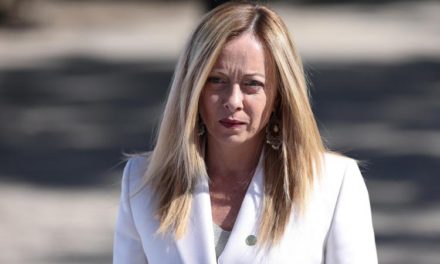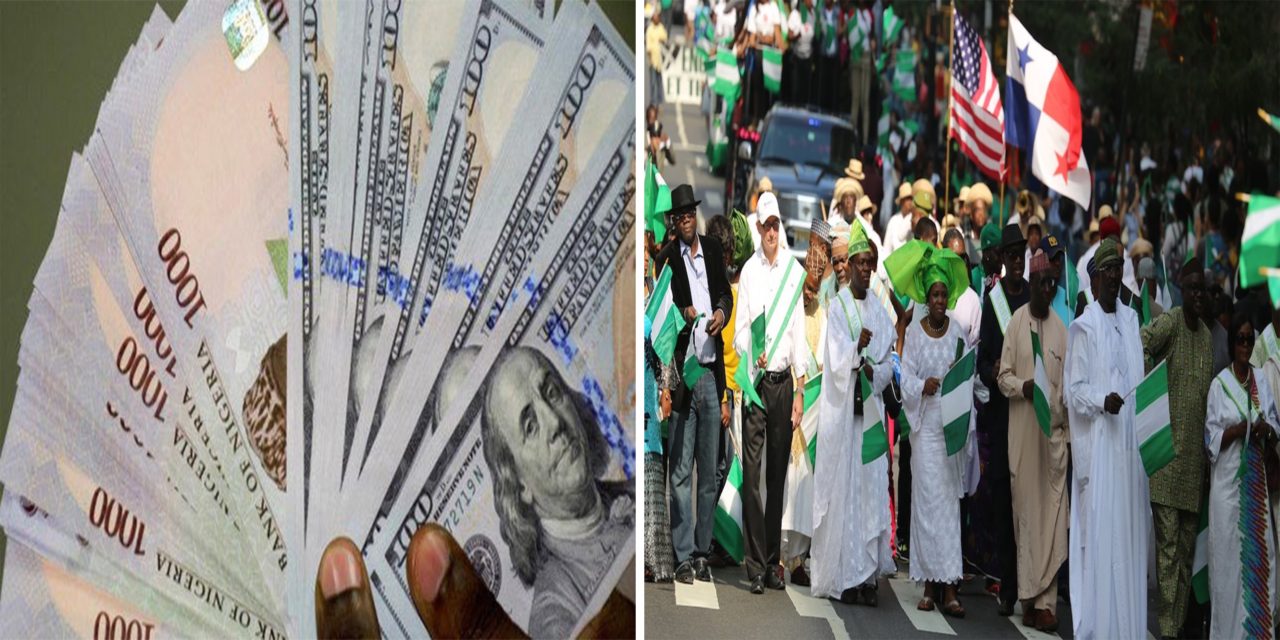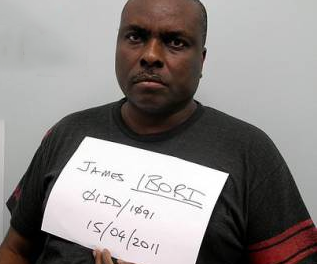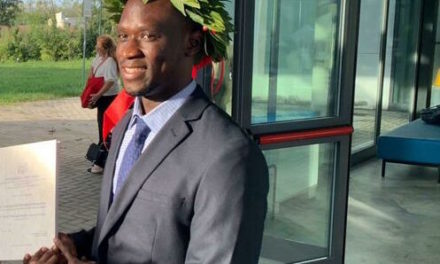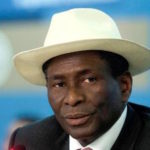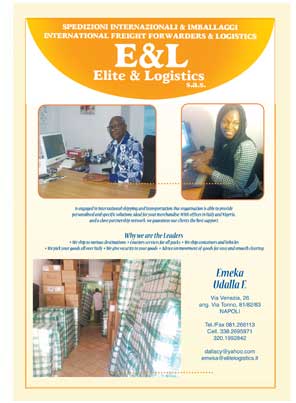Last month, the nation officially slipped into another economic recession, the second under Buhari. The instability in the price of oil, Nigeria’s only export earner, has wrecked havoc on the economy. The lockdown from the COVID-19 pandemic and the EndSARS protests, only compounded the economic woes of the nation. Poverty is rife across the land and for a nation that imports virtually everything, the lack of foreign currencies in the system has caused exporters to groan.
The government is looking everywhere for liquidity in the system and suddenly remembers the diaspora. Year in year out until the outbreak of the pandemic, the diaspora remittances into Nigeria have been rising astronomically in billions of dollars. During lockdown, diaspora remittances became the mainstay of most families in Nigeria.
Under the new policies which come into effect from today November 4, 2020, “beneficiaries of diaspora remittances through International Money Transfer Operators (IMTOs) shall henceforth receive such inflows in foreign currency (U.S. dollars) through the designated bank of their choice,” states Mr Godwin Emefiele, the Governor of the nation’s apex bank the CBN (Central Bank of Nigeria).
According to Emefiele, “such recipients of remittances may have the option of receiving these funds in foreign currency cash (U.S. dollars) or into their ordinary domiciliary accounts. These changes are necessary to deepen the foreign exchange market, provide more liquidity and create more transparency in the administration of diaspora remittances into Nigeria.”
The CBN accused some of the IMTOs of trying to frustrate the new policies. “In the course of following up on the implementation of the aforementioned new policies, the CBN observed some pushback by some of the International Money Transfer Operators (IMTOs) who were bent on undermining the new policies.”
Emefiele warned that the apex bank would resort to stiffer measures to ensure the implementation of the new policies.
Emefiele assured that the IT systems of the IMTOs (Western Union, Moneygram and Ria services) had been configured to begin such remittances. While the government continues to crave for the remittances of the diaspora, it is doing nothing to ensure safety of lives. Some Nigerians living abroad have been victims of kidnappers, armed robbers, while some have lost their lives while visiting the country. The diaspora clarion call for security and enfranchisement to enable them vote in Nigeria’s elections have been ignored by successive governments.
“They want our money but never interested in us,” was how one Nigeria living in Berlin, Germany described the attitude of the government to the diaspora. The amount sent to Nigeria by the diaspora in 2019 alone was almost $18 billion.

